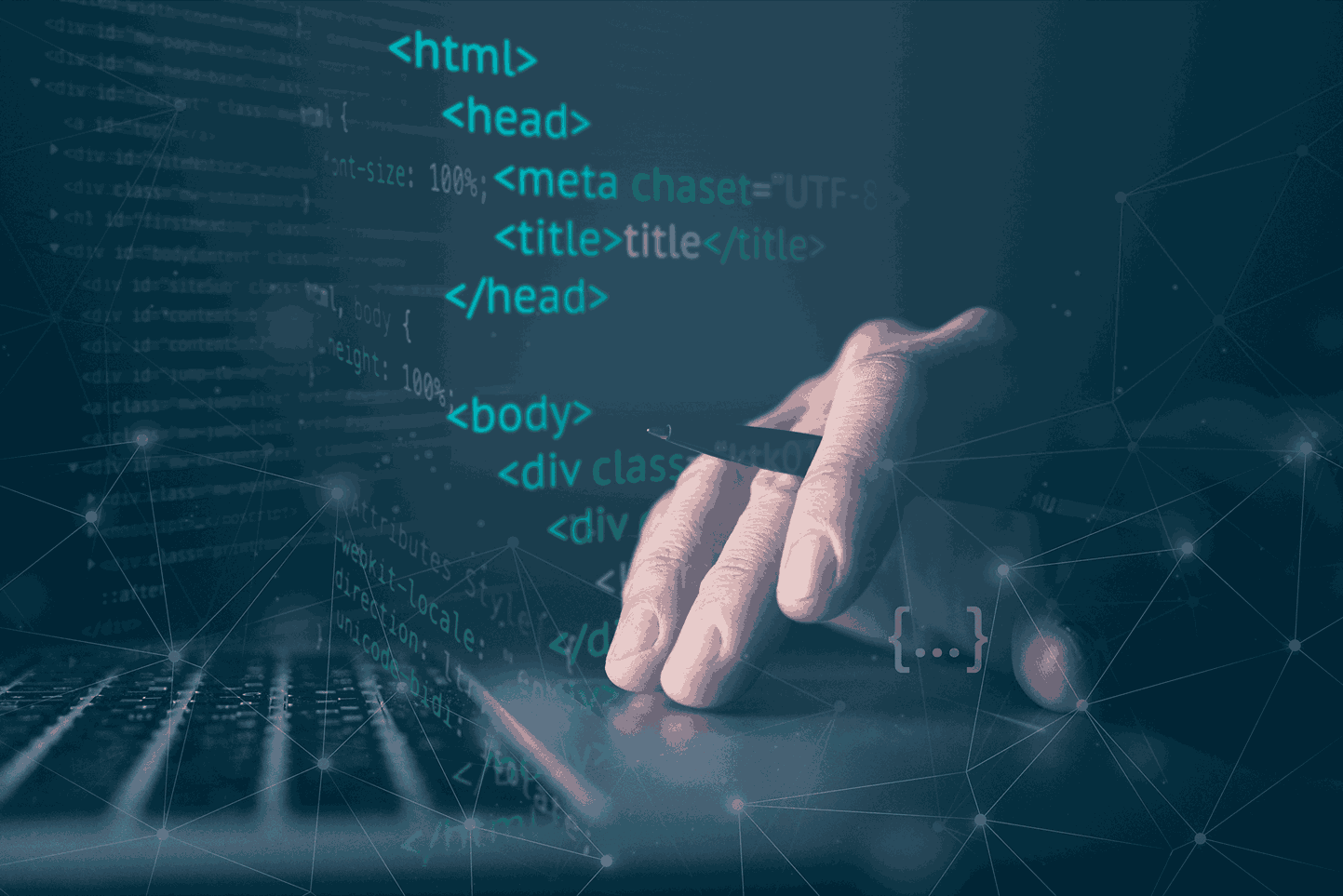
In today’s rapidly evolving world, technology is at the heart of almost every industry. Whether it’s healthcare, finance, manufacturing, or entertainment, the integration of technology has revolutionized how businesses operate and how services are delivered. At the core of this technological transformation is programming, the ability to write code that instructs computers to perform specific tasks. As industries become more digitized and automated, the need for programming skills is not just important—it’s essential. Here’s why programming is crucial in today’s industry landscape and why it will continue to shape the future.
1. Automation and Efficiency: The Backbone of Modern Industry
One of the primary reasons programming is essential in today’s industries is its role in automation. Businesses are constantly looking for ways to improve efficiency, reduce costs, and streamline operations. Programming allows for the creation of automated systems that can perform repetitive tasks faster and more accurately than humans ever could.
Examples:
Manufacturing: Automated assembly lines, powered by programmed robots, can produce
goods at a much faster rate while minimizing errors.
Customer Service: Chatbots and automated response systems can handle basic customer
inquiries around the clock, reducing the need for human intervention and improving
response
times.
2. Data Analysis and Decision Making: Turning Information into Insight
In the age of Big Data, the ability to collect, analyze, and interpret vast amounts of information is critical for making informed business decisions. Programming plays a key role in developing the tools and algorithms needed to process data efficiently.
Examples:
Finance: Algorithms programmed to analyze market trends can make realtime trading
decisions, optimizing investment strategies.
Healthcare: Data analysis tools can predict disease outbreaks, personalize treatment
plans, and
improve patient outcomes by processing vast amounts of medical data.
3. Innovation and Product Development: Building the Future
Programming is at the heart of innovation in many industries. Whether it’s developing new software, creating cuttingedge applications, or designing smart products, programming skills are necessary to bring these ideas to life.
Examples:
Tech Industry: From mobile apps to cloud computing solutions, every piece of modern
technology relies on programming. Programmers are the architects of the digital
products and
services we use every day.
Automotive Industry: The development of selfdriving cars, advanced safety features,
and incar
entertainment systems are all driven by complex programming.
4. Cybersecurity: Protecting Information in a Digital World
As industries become more digitized, they also become more vulnerable to cyber threats. Protecting sensitive data and ensuring the security of digital systems is a top priority for businesses across all sectors. Programming skills are essential for developing robust cybersecurity measures.
Examples:
Encryption: Programmers create encryption algorithms that protect data from
unauthorized
access, ensuring that sensitive information remains secure.
Threat Detection: Security software programmed to detect and respond to potential
cyber
threats can prevent breaches before they occur.
5. Customization and Personalization: Meeting Customer Expectations
In today’s market, customers expect personalized experiences and products tailored to their specific needs. Programming enables businesses to create customized solutions that meet these expectations.
Examples:
Ecommerce: Websites and apps that recommend products based on user behavior are
powered
by algorithms designed by programmers.
Marketing: Personalized marketing campaigns, which target individuals based on their
preferences and behaviors, rely on datadriven programming techniques.
6. Interconnectivity and the Internet of Things (IoT): A Connected World
The rise of the Internet of Things (IoT) has brought about a world where everyday objects are connected to the internet, communicating with each other and with us. This interconnectivity is made possible through programming, which allows these devices to operate, interact, and share data.
Examples:
Smart Homes: Devices like smart thermostats, lighting systems, and security cameras
rely on
programming to function and communicate within a smart home ecosystem.
Healthcare: Wearable health devices that monitor vital signs and transmit data to
healthcare
providers in realtime are powered by IoT programming.
7. The Future of Work: Programming as a Universal Skill
As technology continues to advance, programming is becoming a universal skill, much like reading and writing. In many industries, even nontechnical roles are starting to require a basic understanding of programming or coding principles. This trend is likely to continue as automation, AI, and data analysis become even more integral to business operations.
Examples:
Education: Many educational institutions are incorporating programming into their
curricula,
recognizing its importance in preparing students for the future workforce.
Business Management: Understanding programming can help business leaders make
informed
decisions about technology investments and strategy.
Conclusion: Embracing the Need for Programming
Programming is not just a skill for software developers and engineers; it’s becoming a critical competency across all industries. As technology continues to evolve, the ability to understand and write code will be essential for businesses to stay competitive, innovate, and meet the demands of the digital age.
For individuals, learning to program can open up new career opportunities, enhance problemsolving skills, and provide a deeper understanding of the technology that shapes our world. For businesses, investing in programming capabilities is crucial for driving efficiency, innovation, and growth.
In short, programming is the language of the future, and its importance in our industry cannot be overstated. Whether you’re an individual looking to enhance your skill set or a business striving to stay ahead of the curve, embracing programming is key to success in the modern world.




